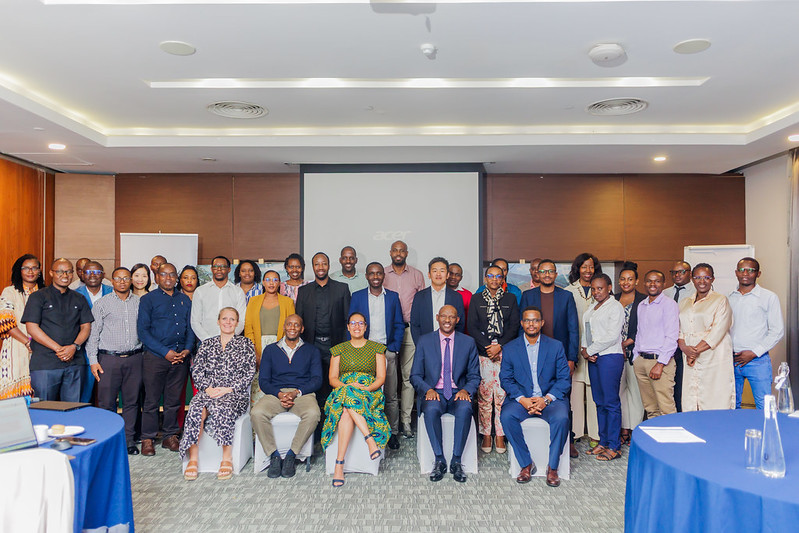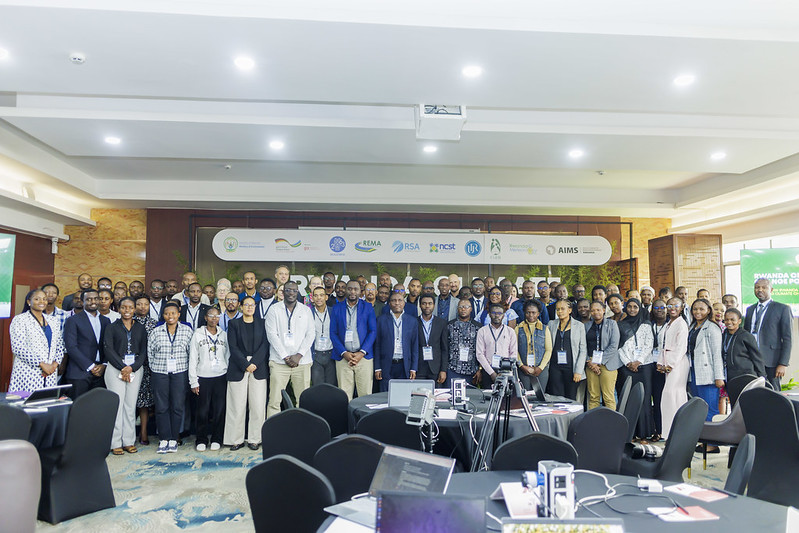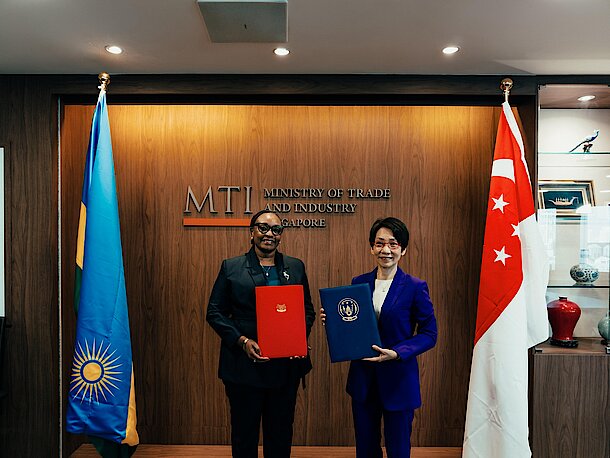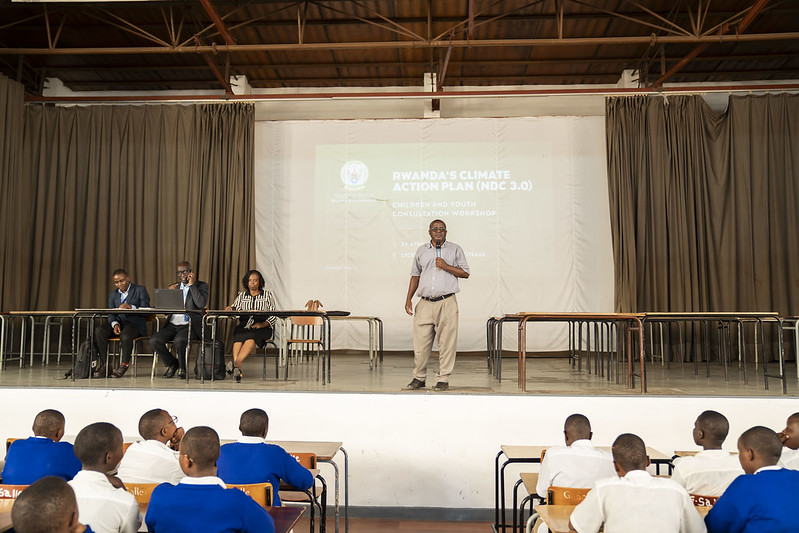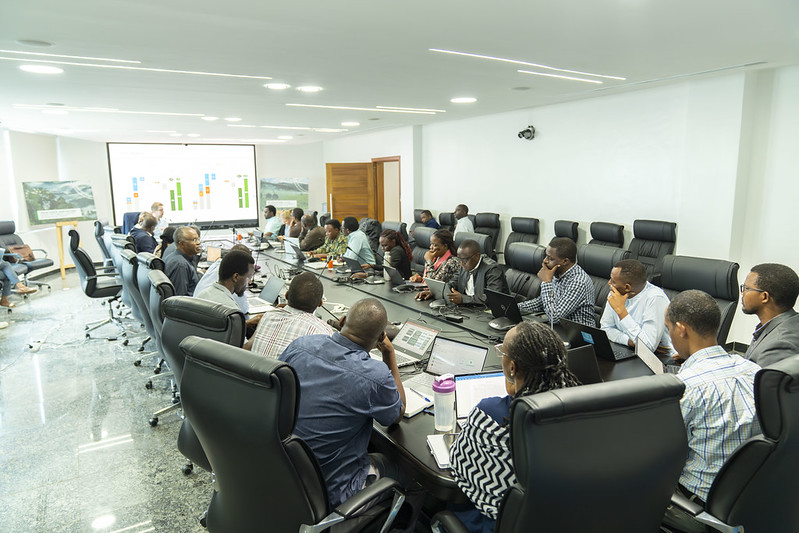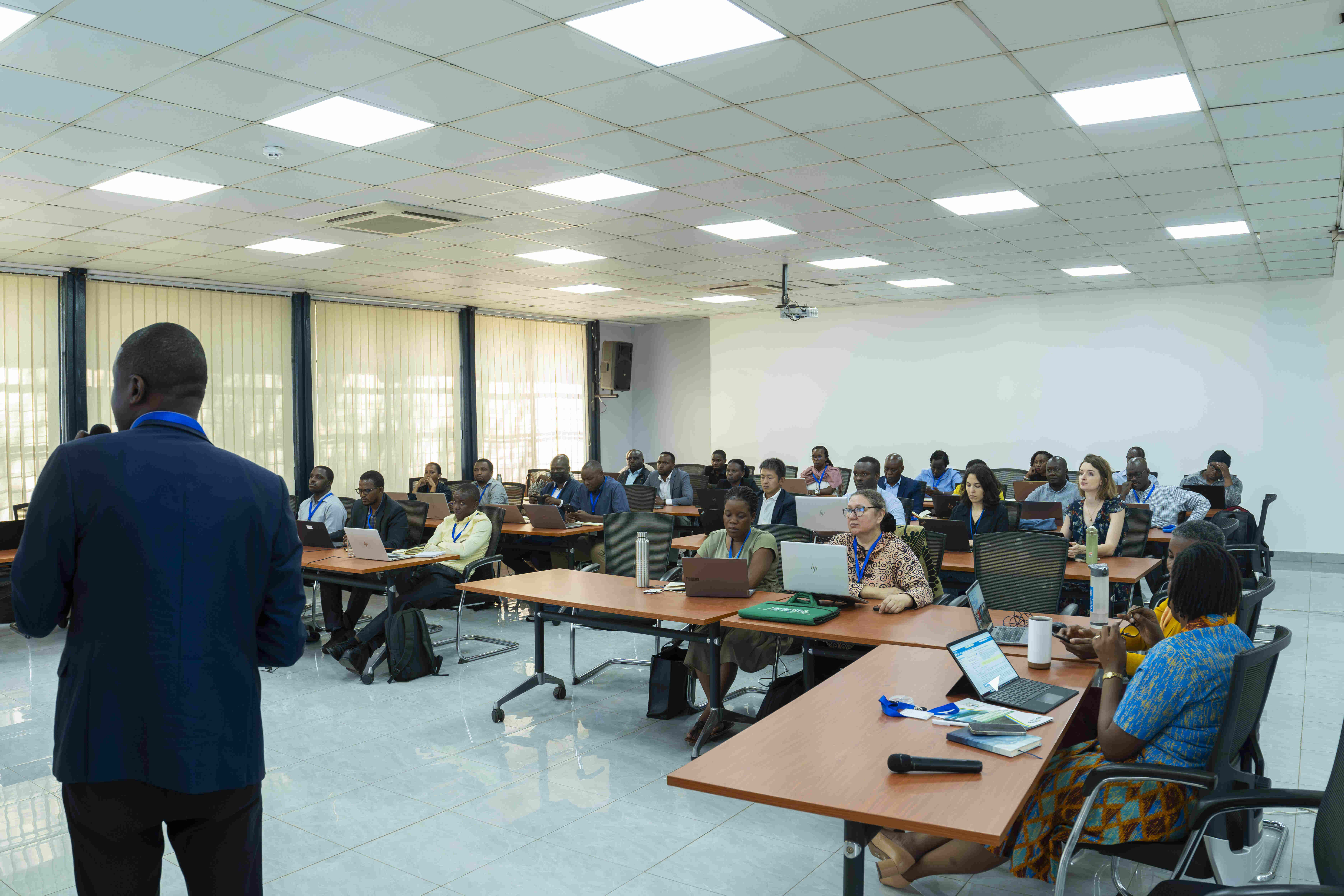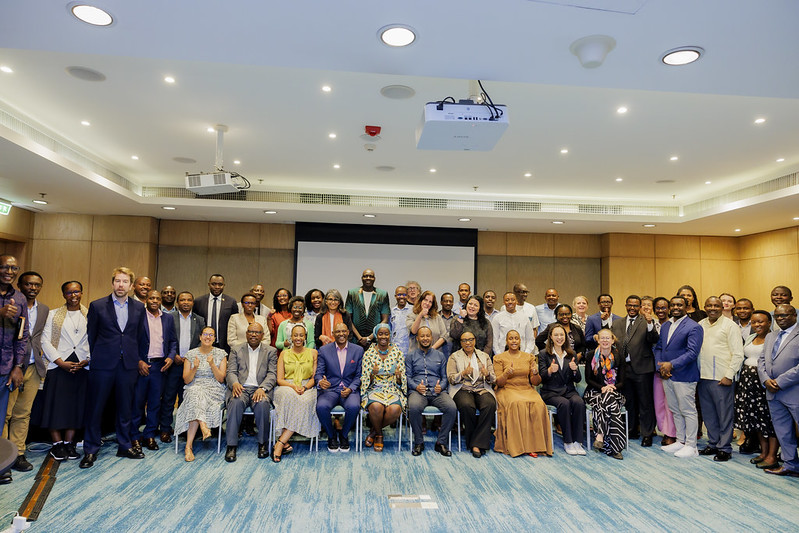
Coronavirus responses proves the World can act on Climate Change
The COVID-19 pandemic has provoked a global response unlike anything we have seen before. Governments have witnessed transformational changes that didn't appear possible in few months ago. The human costs of the pandemic are horrifying, but the response has largely been characterised by care, compassion and connection.
People are more afraid of the Corona-virus than the progressive climate change, including the increasingly rapid global warming process, because climate change is however much slower than the growing coronavirus pandemic. The effects of the development of the COVID-19 pandemic are already visible in a significant part of the world.
Currently, the number of human infections is growing rapidly every day. Many people have already died of the Coronavirus. Serious economic effects are already visible. However, the global warming process is so slow that most people do not pay attention to very slow climate change. In contrast, climate disasters occur only locally and in most countries very rarely, so most people learn about the effects of climate change from the media and not from the immediate environment and experience.
At this frightening stage of the crisis, it is very difficult to focus on anything else, but the people have to bear in mind that COVID-19 is voidable and temporal. Currently, measures aiming at stopping the spread of coronavirus were put in place and they are dominant or paramount compare to climate actions which were talked about many years ago.
By taking the strong measure, what really matters is the same for all countries, health and safety of their citizen is a major concern and that’s what the coronavirus threatens, and that’s exactly what climate change does, too.
Climate change was declared as global emergency, yet to date the world has largely failed to address it. In contrast, the global policy response to the coronavirus emergency has been fast and furious. For instance, many countries have stopped transport either private and public, and advise se people to stay at home in order to stop the spread of COVID-19. Though we do not suggest the countries to take the same measures, but there are several reasons learned from these approaches that can be adopted to tackle climate change as one of with serious threats to people and planet.
Important lessons drawn from the current health crisis
The response to the pandemic illustrates actions we can take to address the global climate change crisis
1. Political will
A global response to coronavirus crisis shows that governments can take immediate, fundamental emergency measures, which go beyond purely economic concerns, to protect the well-being of people and the planet. If UNFCCC member States join the will like the way they reacted against COVID 19, we can tackle climate change.
2. Act early
COVID 19 outbreak shows the crucial importance of early action to prevent. Governments which took the early preventive measures like quarantine and screening measures, have relatively small numbers of infections compare to the Governments that delayed to act. Climates actions have to be taken into account early to avoid the future catastrophic consequences.
3. Avoiding the unnecessary movement
Coronavirus has forced an immediate scale-down of how we travel and live. People are forging local connections, shopping locally, working from home and limiting consumption to what they need; this has led to the reduction of CO2 emission.
4. Considering climate change as global urgent
It has been observed, that the people do not complain when the immediate measures are taken to save their lives. When it comes to the climate change, countries do not act accordingly, because climate change is the slow increase in global temperatures. Humans can psychologically adjust as the situation worsens, making the problem seem less urgent and meaning people are less willing to accept drastic policy measures. If we consider climate change as an urgent issue, any measure taken by the governments people will comply with it and they will also respect the recommendations from scientist.
5. Shift from unsustainable to sustainable economy
New economic thinking is needed. A transition to sustainable regrowth can help. Governments need to shift global attention from GDP as an indicator of well-being, towards other measures that put people’s health, environment and planet in the first place.
The current unintended economic slowdown opens the door to such a transition, which would bring myriad benefits to the climate. Countries may build on this situation and propose a slowing of growth in sectors that damage the environment, such as fossil fuel industries, until the economy operates within Earth’s limits.
All this shows that a large-scale response to a global crisis is possible. UNFCC member States need to harness this wave of compassion and proactivity to protect vulnerable people in all contexts, including those most exposed to climate impacts.
Topics
More posts
Rwanda to ensure the country’s updated Climate Action Plan is gender responsive and inclusive
A diverse array of stakeholders have met to enhance the integration and tracking of gender responsive and inclusive actions in Rwanda’s revised…
Rwanda Hosts First-Ever Climate Science Symposium to Bridge Research and Policy for Resilient Future
The inaugural Rwanda Climate Science Symposium (RCSS) has brought together scientists, policymakers, and development partners for a landmark two-day…
Local Government Stakeholders Meet to Contribute to Rwanda’s Enhanced Climate Action Plan
Local government representatives, policymakers, and climate experts have gathered for a two-day consultation workshop to share insights and…
RWANDA AND SINGAPORE SIGN IMPLEMENTATION AGREEMENT UNDER ARTICLE 6 OF THE PARIS AGREEMENT
The Government of Rwanda and the Government of Singapore have today signed an Implementation Agreement pursuant to Article 6 of the Paris Agreement,…
Youth Voices Shape Rwanda’s Updated Climate Action Plan
Young people from across Rwanda gathered for a Youth Consultation Workshop on Rwanda’s new Climate Action Plan, known as a Nationally Determined…
Young Rwandans Have Their Say in Shaping Rwanda’s New Climate Action Plan
As Rwanda updates its Climate Action Plan, known as a Nationally Determined Contributions (NDC 3.0), young Rwandans have been given the opportunity to…
Stakeholders Review Preliminary Results of Rwanda’s updated Climate Action Plan (NDC 3.0) Consultations
Stakeholders from across government institutions, civil society, the private sector, and development partners have come together for a three-day…
Stakeholder Consultation Workshop held to Shape Rwanda's Enhanced Climate Action Plan (NDC 3.0)
Stakeholders from across Rwanda’s public institutions and private sector, development partners, and civil society have come together for a NDC 3.0…
Rwanda Launches Nationwide Consultations to Develop New Climate Action Plan (NDCs 3.0)
Today, the Ministry of Environment, the Rwanda Environment Management Authority (REMA), other line ministries, delopment partners, CSOs and private…
